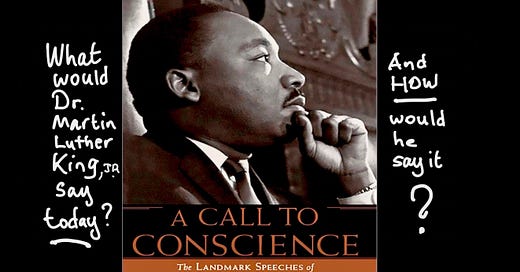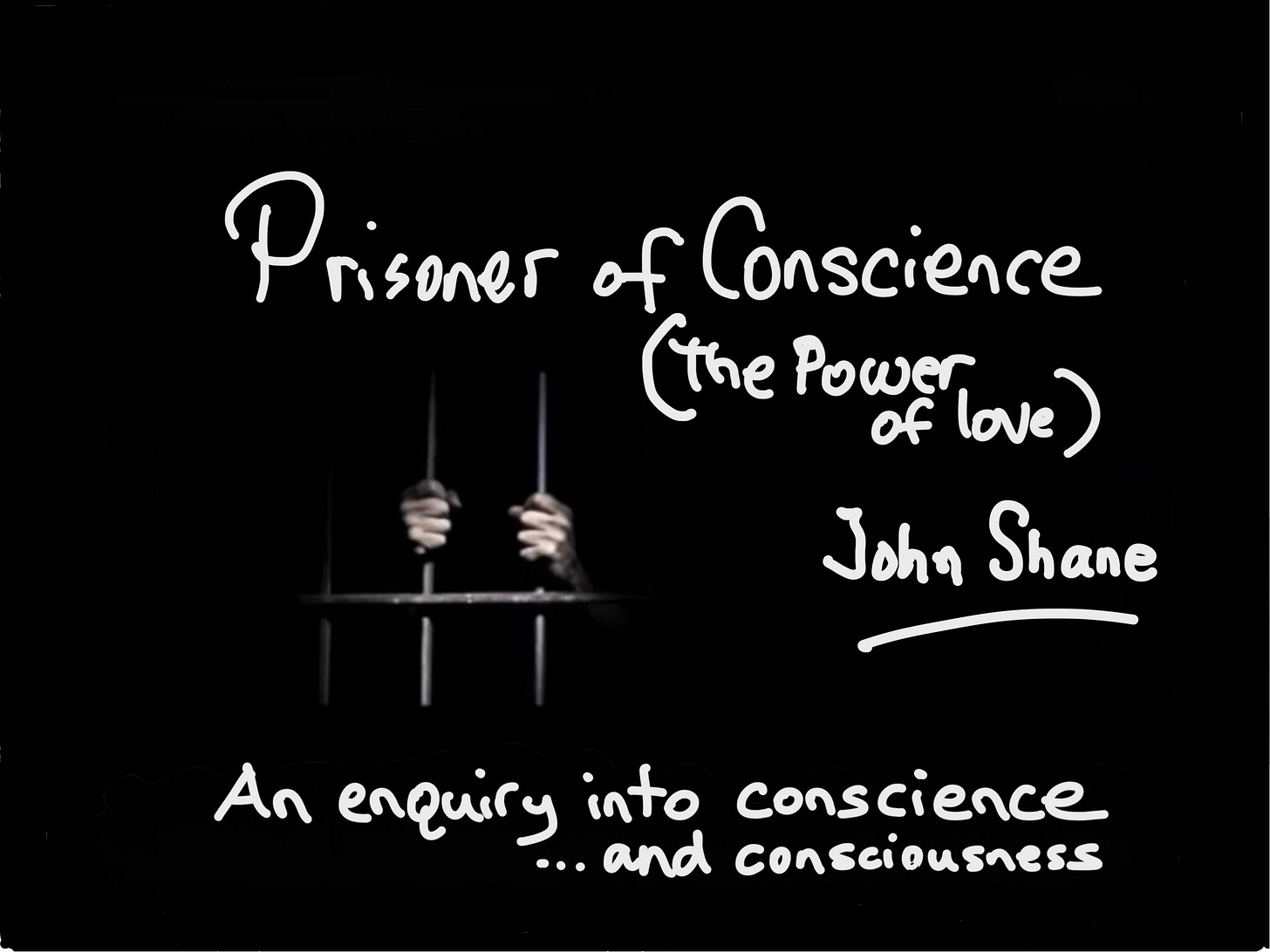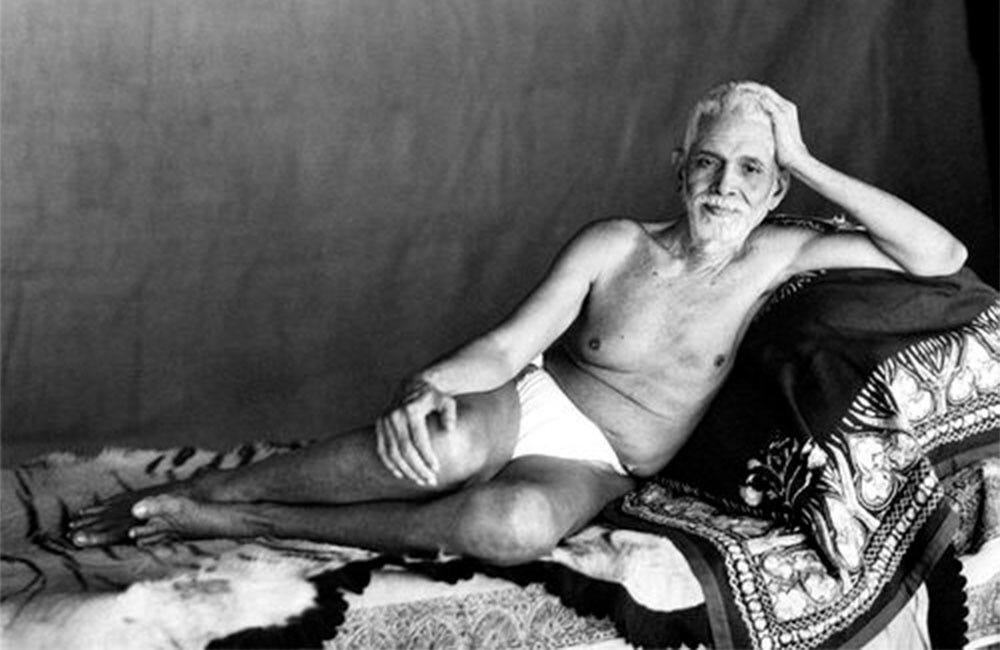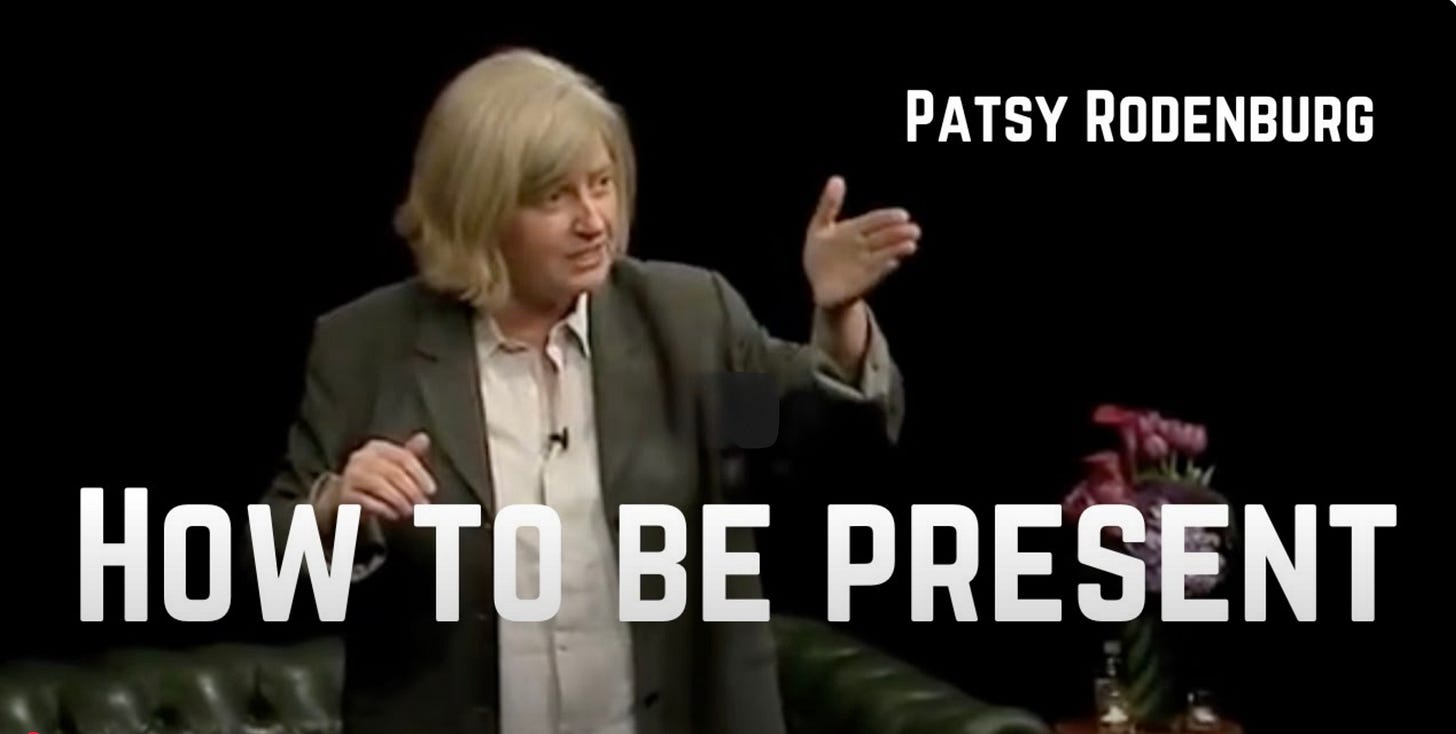‘PRISONER OF CONSCIENCE - The Power of Love’ - John Shane - notes on a project that enquires into the nature of conscience & consciousness - 2 pieces from a work in progress, a drama in verse/song
To mark WORLD PRESS FREEDOM DAY I’m sharing today 2 pieces of my work and videos of a speech by Dr MARTIN LUTHER KING, Jr, ‘a talk ‘ON PRESENCE’ by voice coach PATSY RODENBURG & a song by SUZANNE VEGA
‘Poetry and human rights are very often tied together’
W.H. Auden
One of the stories that I’ve been working on for a while, ‘PRISONER OF CONSCIENCE - The Power of Love’, poses this dilemma:
How should an ‘ordinary person’, an ‘ordinary citizen’ - in all good conscience - respond to injustice?
If the story seemed relevant to me when I first thought of it a few years ago, it only seems to have gained in relevance given current developments all over the world:
Here is a brief outline of the central dilemma of the story:
In an effort to get her depressed mother, SARAH HART, out of the house and away from BILLY, her violent husband, Sarah and Billy’s teenage daughter Jackie persuades Sarah to visit the local office of an international prisoner aid NGO.
The next day Sarah is sent an angry, urgent appeal for help in a message from a PRISONER about whose plight the NGO is trying to raise public awareness. After listening to the message from the prisoner, what will Sarah do…? Will she choose to get involved..?
And if she does get involved, will taking action to help someone else pull her out of her own despair..?
But what will her violent, repressive husband Billy do when he finds out what’s going on if he sees Sarah’s actions to help the prisoner as evidence of his wife trying to break free from his dominance and control..?
Listen here to the despair-filled thoughts of SARAH HART, a downtrodden young American woman married to an abusive husband:
CLICK ON THE PLAY BUTTON ABOVE at the right hand side of the page to listen to John Shane read, his poem/song lyric ‘I SEEM TO FIND MYSELF THESE DAYS ALMOST ALWAYS ON THE VERGE OF TEARS’. (You can read the text of the audio below)
Listen here to the message that THE PRISONER sends to SARAH HART:
CLICK ON THE PLAY BUTTON ABOVE at the right hand side of the page to listen to a recording of John Shane reading the message of THE PRISONER in the form of a poem/song lyric with the title ‘PRISONER OF CONSCIENCE’
Should Sarah Hart respond to the prisoner’s plea that she get involved with helping to free him?
Sarah’s story poses this question:
From a spiritual point of view, is political or social activism wise?
The Advaita sage RAMANA MAHARSHI (1879-1950): “Silence is most powerful. Speech is always less powerful than silence.“
Bearing in mind that from a nondual point of view, Absolute and Relative are ‘not-two’ and the one implies and includes the other, how should one distinguish what is right and true Sub Specie Aeternitatis, from the point of view of the Absolute - how things are viewed from the universal perspective - from what is right and true Sub Specie Humanitatis, from the point of view of the relative - in other words, how things are and what should be or not be done from the human perspective?
Sub Specie Aeternitatis:
Ramana Maharshi's views on political action or non-action are typical of the Sub Specie Aetenitatis viewpoint: he primarily focused on individual self-realization and the understanding of one's true nature, rather than on direct political involvement. He emphasized the importance of self-inquiry and the realization of the Self as the source of lasting happiness and liberation. While he did not advocate for or against specific political actions, his teachings emphasized the importance of understanding the nature of reality and the self, which can lead to a more peaceful and harmonious individual and, by extension, societal transformation.
In this regard, David Godman, author of a biography of Ramana Maharshi, wrote::
“Bhagavan’s perspective on the events of the world that were unfolding around him in the first half of the twentieth century came from his abidance in the Self and the consequent knowledge that everything that was occurring was unfolding according to a pre-ordained script. He had no opinions on these scripted events, and no desire to change their course. The classic statement on this topic comes from the note he penned for his mother when she begged him, in 1899, to return to the family home in Madurai. Bhagavan wrote:
The ordainer [God] controls the fate of souls in accordance with their past deeds – their prarabdha karma. Whatever is destined not to happen will not happen – try how hard you may. Whatever is destined to happen will happen, do what you may to stop it. This is certain. The best course, therefore, is for one to be silent. (Self Realization, p. 66)
Ideas such as ‘I should do this’, or ‘This needs to be done’, were entirely absent in Bhagavan since he had neither the desire to do anything nor the belief that events needed to be different from what they were.”
Although the views of Advaita and Dzogchen are different, there are common points, and the view that events do not need to be different than they are is concordant with the Dzogchen view that ‘everything is kuntuzanpo (Tibetan) - perfect as it is’
But Dzogchen is far from being a ‘quietist’ or ‘fatalistic’ teaching and a Dzogchen practitioner responds to circumstances rather than following any rule. My own teacher, the late Dzogchen master Chogyal Namkhai Norbu used to say, ‘Awareness is the only rule in Dzogchen,’ and in his lifetime he was active in many causes besides working to benefit all beings with the gift of his teachings. He also put an enormous amount of energy into working for the practical welfare of the Tibetan people both in Tibet and elsewhere and attempting to save the language and culture of his native country, Tibet, that is threatened with extinction.
CLICK ON THE PLAY BUTTON ABOVE to watch and listen to ALAN WATTS tell the famous Daoist ‘CHINESE FARMER’S STORY’.
A further justification for inaction in the face of injustice given by those who hold that, from a spiritual point of view, to take social or political action to right wrongs and to fight injustice is unwise is that one cannot anticipate or fully know the outcomes of one’s own or others’ actions, and that it is therefore better to remain silent and simply bear witness to what is happening rather than to act to try to stop injustice, and they often use the famous Daoist ‘Chinese Farmer’s Story’, which you can watch and hear here, to justify this stance.
Sub Specie Humanitatis - the need for empathy and compassion
BUT…even if, from the view of Sub Specie Aeternitatis, or from the point of view of the Absolute, relative concerns - human concerns - may be seen as a dream, and human beings are not able to know in advance the outcome of their actions, when we ourselves suffer or witness the suffering of others in the dream of the relative dimension, it is natural for us to feel a need for empathy and compassion.
And throughout history, philosophers, poets, novelists, and dramatists - even those use who privilege the Absolute view over the Relative view - have explored the dilemma of how - from a spiritual point of view - one should act in the world. And the best and most complex work on this subject resists the temptation of offering the consolation of easy answers, but instead confronts the reader or viewer with the dilemma itself, in order to encourage them to work through the issues themselves to arrive at an answer that matches circumstances in their own time.
CLICK ON THE PLAY BUTTON ABOVE to watch and listen to ANDREW SCOTT perform the famous ‘TO BE OR NOT TO BE’ speech in which HAMLET - faced with the injustice of the murder of his father - the King of Denmark - by his uncle, the subsequent marriage of his uncle to his mother, and the usurpation by his uncle of the crown of Denmark that rightly should be Hamlet’s - thinks through the dilemma of whether he should or should not act to right the wrong he sees, and, in this speech, Hamlet even goes so far as to wonder whether suicide would be a ‘nobler’ way out of his dilemma.
When Hamlet concludes that ‘conscience doth make cowards of us all’, by ‘conscience’ does he mean ‘consciousness’ in the sense of ‘thinking’, so that he’s saying ‘too much thinking in general stops me acting’, or is he using the word ‘conscience’ to mean ‘thinking in a strictly moral sense’, so that what he’s saying is: ‘being bound by too many moral scruples renders action impossible’..?
Does the tragic way that the story of Hamlet ends - with fatal consequences that Hamlet did not and could not anticipate - confirm that, since one cannot know the outcome of one’s actions, it would be better not to do anything in the face of injustice..?
Below you can read the text of the two pieces of audio that I recorded from my project ‘PRISONER OF CONSCIENCE - The Power of Love’ which give voice to two of the main characters of the story.
Here is the voice of SARAH HART lamenting her loss of faith and her bewilderment in the face of her own suffering and the suffering she sees every day in the world around her:
I SEEM TO FIND MYSELF THESE DAYS
ALMOST ALWAYS ON THE VERGE OF TEARS
John Shane
I seem to find myself these days
almost always on the verge of tears
And, as far as I can see
there's more to this
than just the sum
of my own petty fears
There’s more to this
than first meets the eye
There’s more to this
than just the fact that all who are born
must somehow learn to live
knowing that they must also die
So much of what's
in the news each morning
is so hard to bear
Sometimes the pain I feel
seems to me to be
the only thing that’s real
But, then again, I don’t even know
any more exactly why it is I care
Why do I care?
The drums of war are beating
I hear them beating once again
beating so loud that it’s almost
as if they are hammering
right here in my brain
In this earthly dimension
where spirit in matter
is bodily confined
peace does not come easily
to the human kind
Does caring too much
cost me my peace of mind?
Must I close my eyes and turn away
if seeing so much suffering
in the world every day
is too hard for me to bear?
I don’t know, I don’t have an answer
And who can I pray to for help
when I don’t believe any more
that there’s anybody there...?
If I could believe in myself
would that be enough?
Would self-belief pull me through
when things get tough?
I try to pull myself together
I try to draw a line in the sand
I try saying to myself
‘time to make a stand’
But my thoughts and emotions
remain beyond my command
and my doubts loom up before me
like shadows on the wall
so that just when I most need
to feel like a giant
I end up feeling small
Here is the text of the urgent message another of the main characters of my story, THE PRISONER, sends to SARAH HART challenging her to act on his behalf to help him in his suffering:
PRISONER OF CONSCIENCE
John Shane
Please don’t try to tell me that it is from joy
that the caged bird sings
for you should know as well as I
that his sweet song is born of suffering
of longing to be free
He longs to be free
- he longs to be free! -
just like you, and just like me
I am a prisoner of conscience
alone in my solitary cell
I am a prisoner of conscience
condemned without a trial
to spend my days and nights
in this living hell
But please don’t ask me
no – don’t ask me –
who it is that keeps me here
no – don’t ask me –
who it is that keeps me here
or I shall have another tale to tell
Don’t ask me
who it is that keeps me here
or I shall have to say
‘Look in your mirror
look in your mirror
I think you know
my jailor very well’
You are free – unlike me
you have a voice
You are free – unlike me
you have a choice
Will you sit idly by
and let a tyrant decide
who will live and who will die?
I am not guilty
I have not committed any crime
- all I did was speak my mind
I am not guilty
I have not committed any crime
- all I did was speak my mind
Tell me, what is a man supposed to do
when a government criminalizes
an honest point of view?
It goes against every principle of justice
we have been taught
when a man can be imprisoned
just for his thought
I am a prisoner of conscience
alone in my solitary cell
I am a prisoner of conscience
condemned without a trial
to spend my days and nights
in this living hell
But please don’t ask me
no – don’t ask me –
who it is that keeps me here
no – don’t ask me –
who it is that keeps me here
or I shall have another tale to tell
no – don’t ask me – who it is that keeps me here
or I shall have another tale to tell
Don’t ask me who it is that keeps me here
or I shall have to say
‘Look in your mirror
look in your mirror
I think you know
my jailor very well’
You are free – unlike me
you have a voice
You are free – unlike me
you have a choice
Will you sit idly by
and let a tyrant decide
who will live and who will die?
Isn’t it true
that as long as hatred and violence
are not things we preach or teach
we should all enjoy the right
to freedom of speech?
You may think –
‘That’s his problem, not mine,
He’s in jail, I’m fine,
I don’t even know him. Why should I care?’
But if you think like that, you should be aware
that if you remain silent when one man’s thoughts
are declared to be a crime
you may find yourself caught
in the same net
next time.
How would you feel if they came for you
just because they don’t like your point of view?
Today it is me who is in prison
but tomorrow you could share my fate
doesn’t it make sense for you
to raise your voice in my defence
do it now – don’t wait – don’t hesitate
tomorrow it could be too late
In my story, how will downtrodden and abused SARAH HART respond to THE PRISONER’s challenging message?
Will she dare to defy her overbearing husband, BILLY HART, who wants Sarah at home and not out and about taking an interest in the world?
Isn’t Sarah herself a prisoner in her own home, kept locked up in her own emotions by her abusive husband?
Can Sarah free herself by working to free the THE PRISONER who has written to her from a foreign jail?
But what will her abusive husband do if the wife he dominates - but utterly depends on - tries to free herself?
Do we - or any of these characters - have any real choice in what we do, or are all our thoughts and actions a result of conditioning from which we cannot free ourselves..?
Can I create a narrative framework for my story that shows its ‘Sub Specie Humanitatis’ events from a ‘Sub Specie Aeternitatis’ perspective..?
Even if one has decided to act - rather than not to act - in the face of injustice, one still has not fully resolved the classic dilemma, because there is still the matter of HOW - if one is going to act - one should act.
And in contrast to the advocates of armed struggle and of meeting violence with violence, there is, of course, a long tradition of non-violent resistance and social action that flows through the work and activity of TOLSTOY and GANDHI and on through the example of Dr. MARTIN LUTHER KING Jr..
So, to honor that tradition today, I am including below a video of a speech that Dr King gave here in the United Kingdom many years ago.
CLICK ON THE PLAY BUTTON ABOVE to watch Dr MARTIN LUTHER KING,Jr’s powerful speech that he delivered in England on 13th November 1967 in response to being awarded an honorary doctorate by the University of Newcastle.
Dr MARTIN LUTHER KING, Jr’s voice is needed as much today as it was when he gave this speech and I believe that if he was alive today, he would still be saying the same things he said in the 1960s.
The title chosen for this book Dr. Martin Luther King Jr’s speeches emphasizes the role of conscience in his concept of social and racial justice, and we can take ‘conscience’ here to be used with the classical meaning of a moral and ethical sense of what is right and wrong.
But even a person who has a strongly established conscience - a strong sense of what is right and wrong - will still face the dilemma of HOW that sense should be engaged in the moment to respond to the circumstances of that given moment.
How can one handle impulses of anger that would lead one, against one’s better judgment, into actions based on hatred of ‘the other’, rather than maintaining compassion even for those with whom one finds oneself in conflict…?
One not only needs to maintain presence to see clearly and directly how to respond appropriately in the moment to situations involving differences of opinion or outright conflict, one also needs to remain present in order to have a chance of living up to one’s moral and ethical standards, which one is likely to be unable to do if one becomes distracted.
With this in mind, I’m including below video of a talk on the subject of ‘PRESENCE’.
But since this discussion is in the context of ‘The Way Of The Poet’, rather than including a talk by someone who represents one of the spiritual traditions, I’m including a talk by someone who teaches presence in the context of the Arts, in particular the art of speaking in public, PATSY RODENBURG, author and voice coach of the National Theatre of the United Kingdom and of the Royal Shakespeare Company. Poets are very often asked to perform their work, and what Patsy has to say is relevant to that aspect of the ‘The Way Of The Poet’ as well as to the discussion of how one should respond to ‘others’ in the course of one’s daily activities.
CLICK ON THE PLAY BUTTON ABOVE to watch a clip from talk on ‘HOW TO BE PRESENT’ by PATSY RODENBURG,
CLICK ON THE PLAY BUTTON ABOVE to watch and listen to an animated video with the lyrics of SUZANNE VEGA’s new song ‘SPEAKERS’ CORNER’, from her new album ‘Flying Angels’. In the face of growing repression of journalists all over the world as well as in her home country, the United States, Suzanne Vega has no doubt as to where she stands in the debate about whether one should speak out or should remain silent. Her song ends with the words: ‘The Speakers’ Corner there it stands in politics and song, I guess we’d better use it now before we find it gone…’ .
Thanks for being here and for listening to and reading my work. If you would like me to continue to post pieces from my project ‘PRISONER OF CONSCIENCE - The Power of Love’ as I continue to work on it, please let me know in the comments below. I’d love to hear your thoughts on the dilemma facing Sarah Hart…









